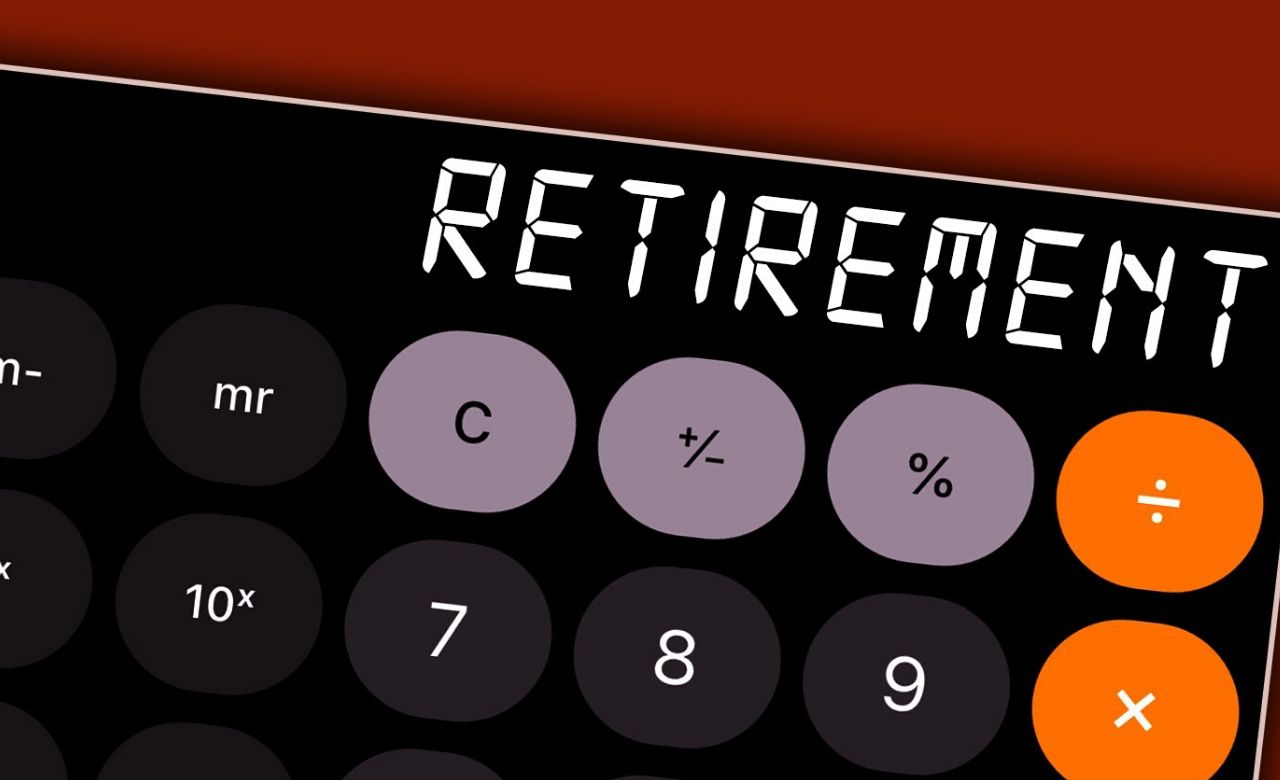Being ready to retire isn’t just being ready to ditch work and go on a never-ending vacation. It’s being sure that you’ve got your finances in check because you will have to live on it for a while. Being ready actually really means your investments are placed well. Make sure you’re budgeted smart, you’re managing debts well, if not totally debt-free, and you’re planned and organized for the coming years. If these don’t sound like you, well, maybe retiring isn’t the best option yet. Look at the signs! Here’s a list of 10 things that means you’re not yet financially ready for retirement.
Paying bills is a struggle.
Things won’t get easier when you retire. If you can’t meet dues right now, maybe you shouldn’t stop working just yet. Generally, you will need about ¾ of your working income to be comfortable when you retire. These will be coming from Social Security, pensions, and other savings – and they may be subject to tax! Keep this in mind before you decide.
Just a little too much debt.
Accumulating debt will definitely catch up to you in the end. Not only will your savings get affected, but also your overall retirement plan. Do your best to lessen or let go entirely of credit card dues or car loans. Maybe finishing your mortgage or even economizing might be helpful in due course.
Failing to budget in major costs.
When you have no plan for predictable expenses like getting a vacation home or a new car, you might have a problem. Forgetting to factor in these large outgoings (plus tax!) may greatly impact your portfolio. It is greatly encouraged that these may be tackled before actual retirement to avoid further reducing spending power from your pension or Social Security income.

Unfamiliarity towards own Social Security Benefit.
Even if you’re not planning on just your Social Security, you shouldn’t disregard it either. If you haven’t got any clue on the state of your current Social Security benefit, maybe it’s time to check in on it using their online calculation tool. It might be a piece of worthy advice as well to postpone your retirement until full retirement age so you can get maximum benefits.
Lack of a regular plan.
Having no financial plan is a red flag. When you retire, your bills won’t stop coming in, so it’s best to know how much income you will be expecting and how much you need to cover for your living expenses. Your monthly cash flow also needs to consider the schedule and amounts you will be withdrawing from your personal accounts other than just your pension and Social Security benefits. At best, two to three years of actual spending history should be consolidated by category and studied as to what may change come retirement.
Lack of a long-standing plan.
As having no monthly budget plan is already a red flag, having no long-term plan is definitely a serious red flag as well. You should know how much you will have and how this will be stretched out considering all the expenditures, both small and big, you plan to make. Yes, we don’t know how long we will live, but we have to consider all implications this may bring. Based on actual statistics, there is always a 50% probability that one in a couple starting at 65 will still be alive at age 92. Of course, you may also consider getting a professional planner if this gets too overwhelming for you.

Disregarding inflation.
Your living expenses and spending power will always be affected by inflation, no matter what. Overlooking these effects is one of the most common mistakes that retirees make, and in turn, make them more problematic after a few years. The more or less accurate 3% inflation rate already implies a double of spending in less than 25 years, which is well within a common duration of retirement.
Invest on stocks to earn investments despite this. Be vigilant before running out of funds sooner than you think.
Failing to recheck your portfolio.
Rebalancing your portfolio yearly may be a good habit as you approach your older years. Through this, you start focusing on earning more and protecting current assets. Retirees should control their portfolios through diversifying, preserving capital, earning income, and avoiding risk.
The thought of retirement gives you anxiety.
Okay, after all the talk about finances, it is important also to consider your overall mental health. Are you emotionally ready to quit your working life? If you’re feeling more anxious than excited, then maybe you need a little more time to work things out. Try it out before you go for full-on retirement first. This will give you an idea of what kind of environment and lifestyle you would like. Remember that being extra prepared practically also means less anxiety.
You love working!
One reason to keep on working, of course, is loving what you do. Basically, if you’re still excited to go to work every day, and you still have the energy to keep going at it and being productive, why not give it a few more years? Working gives you more than just a salary. Happiness in what you’re doing, having the right social life, and finding purpose will keep you healthy as you age.
Based on materials from Investopedia
Max Harlynking/Unsplash
geralt/pixabay
Flickr

